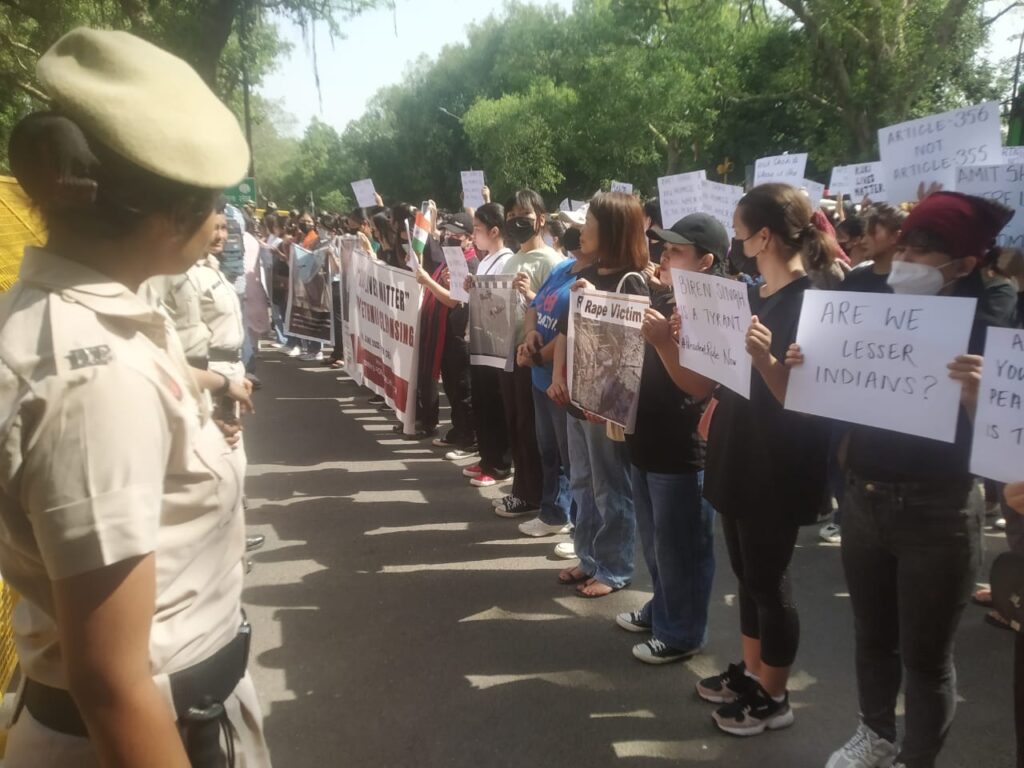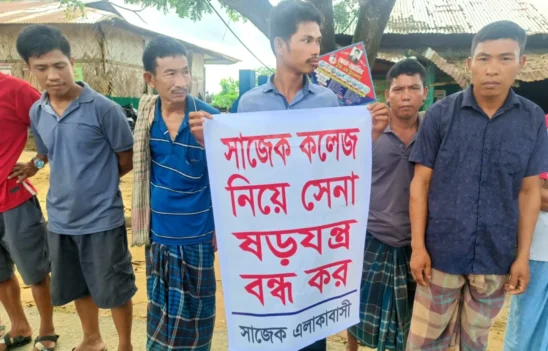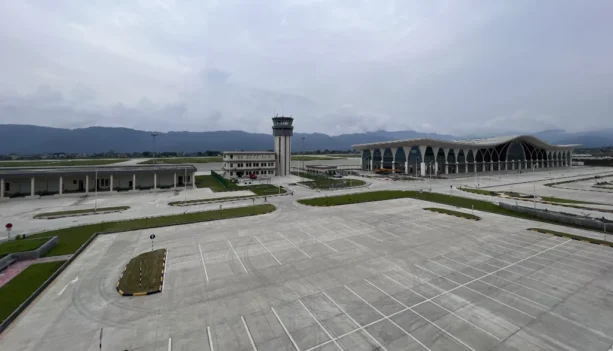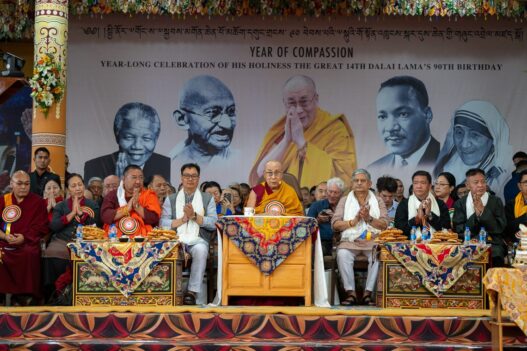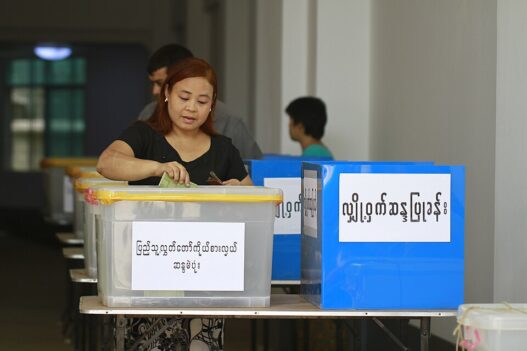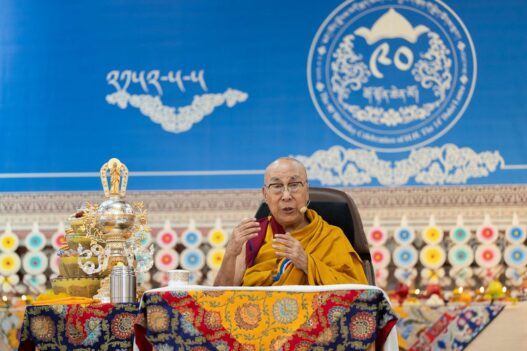The Central government has directed the Manipur state government to scrutinize a plea for the removal of “Nomadic Chin-Kuki” from the Scheduled Tribes (STs) list in Manipur.
According to a report, the Union Tribal Affairs Ministry conveyed this directive, noting that Maheshwar Thounaojam, National Secretary of the Republican Party of India (Athawale) based in Imphal, submitted the representation seeking delisting. This directive comes amidst the ongoing ethnic conflict that has gripped the entire state of Manipur for the past eight months and adds a layer of complexity to the ongoing debate over the ST status in Manipur. The conflict was triggered by a March 19 order from the Manipur High Court, instructing the state government to recommend the ST status for Meiteis to the Central government.
Various Meitei groups, as well as Meitei Pangals (Meitei Muslims), have presented multiple representations urging their inclusion in the ST list. Notably, this latest representation marks a departure from previous pleas, as it advocates for Meiteis to obtain ST status by excluding Kuki and Zomi tribes from the list, citing the argument that they are not indigenous to the land.
Thounaojam, in his representation, asserts that the inclusion of vague entries like “Any Mizo (Lushai) tribes,” “Zou,” and “Any Kuki tribes” in Manipur’s ST list over the years is objectionable. According to Thounaojam, the lack of specificity in these entries creates a loophole, allowing illegal immigrants and refugees from Myanmar, Bangladesh, and other Indian states to settle in Manipur and claim ST status.
The representation particularly highlights that the addition of “Any Kuki tribes” to the ST list during the Atal Bihari Vajpayee government in 2003 lacks clarity on the specific tribes to be covered. This ambiguity, as per Thounaojam’s claim, facilitates the clandestine inclusion in the ST list of individuals posing as Kukis, regardless of their status as refugees or illegal immigrants from foreign countries or other states, who are not native-born citizens of Manipur.
In a letter dated December 26, 2023, the Union government clarified that proposals for inclusion or exclusion from the Scheduled Tribes (ST) list must originate from the respective state government. Consequently, Thounaojam’s 17-page representation, emphasising the importance of indigeneity as the main criterion for defining STs, has been forwarded to the state government for consideration.
Thounaojam urges the government to determine the rightful inclusion of Meiteis in the ST list of Manipur, based on criteria established by the Lokur Committee in 1965, including primitive traits, distinctive culture, geographical isolation, shyness of contact with the community, and backwardness.
The report also notes past rejections of proposals to include the Meitei community in the ST list of Manipur in 1982 and 2001. The Office of the Registrar General of India cited a lack of tribal characteristics in 1982, a stance endorsed by the Manipur government in 2001, attributing Meiteis’ rejection to their dominance in the state, Hindu affiliation, and listing in the Other Backward Classes category.

